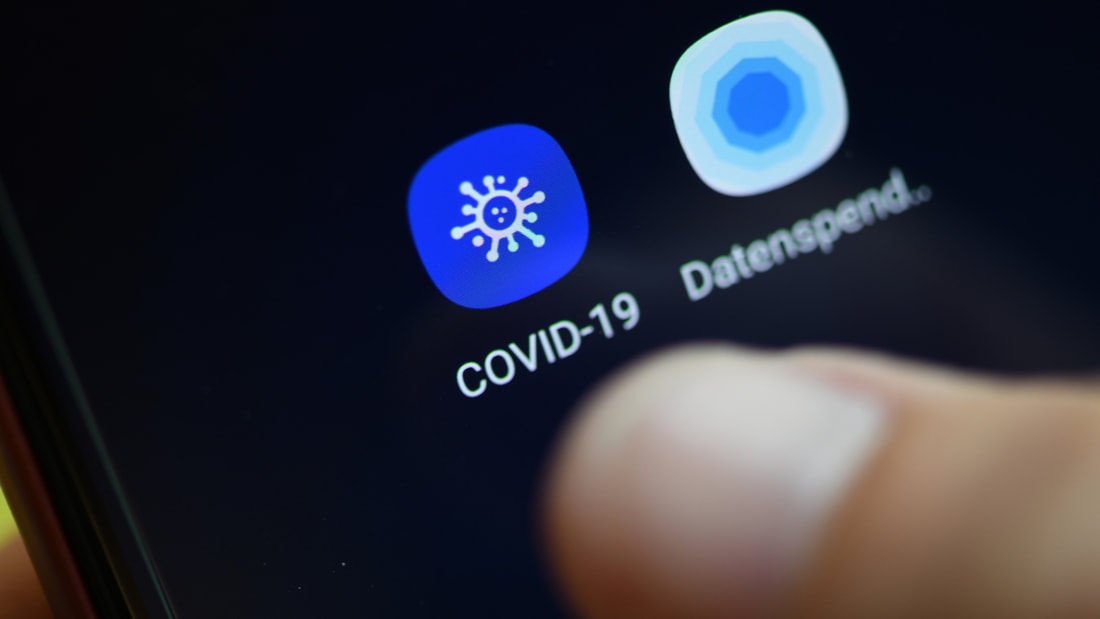|
Countries around the world use apps for Covid 19 contact tracing. In most countries, the government swears it will never use our sensitive location and meeting data for any purpose except for tracing the spread of the virus.
In Singapore, 78 percent of that city-state’s residents – or 4.2 million people – used TraceTogether to allow the government to notify them if they’ve been in contact with someone who tested positive for the virus. The government pledged to use this data for no other purpose but public health. Now it’s come to light that Singapore secretly allowed its police to access that data in a murder investigation. “Singapore is saying to other governments, with a wink and a nod, that we’ve done it and you can do it too,” Phil Robertson, deputy director in Asia for Human rights watch, told Bloomberg News. “Many countries look to Singapore as a success story, so they think whatever Singaporeans do must be good, and that’s a problem.” For many governments, and perhaps our own federal and state governments, all that data just sitting there is a temptation. Consider our recent report on CDC’s order to the states to share personal information on people receiving coronavirus vaccines. What does this mean for U.S. citizens and policymakers? The risk that governments will misuse such private information highlights the need to protect that information through legislation, without leaving its protection to the whims of individual agencies and officers. Comments are closed.
|
Categories
All
|


 RSS Feed
RSS Feed